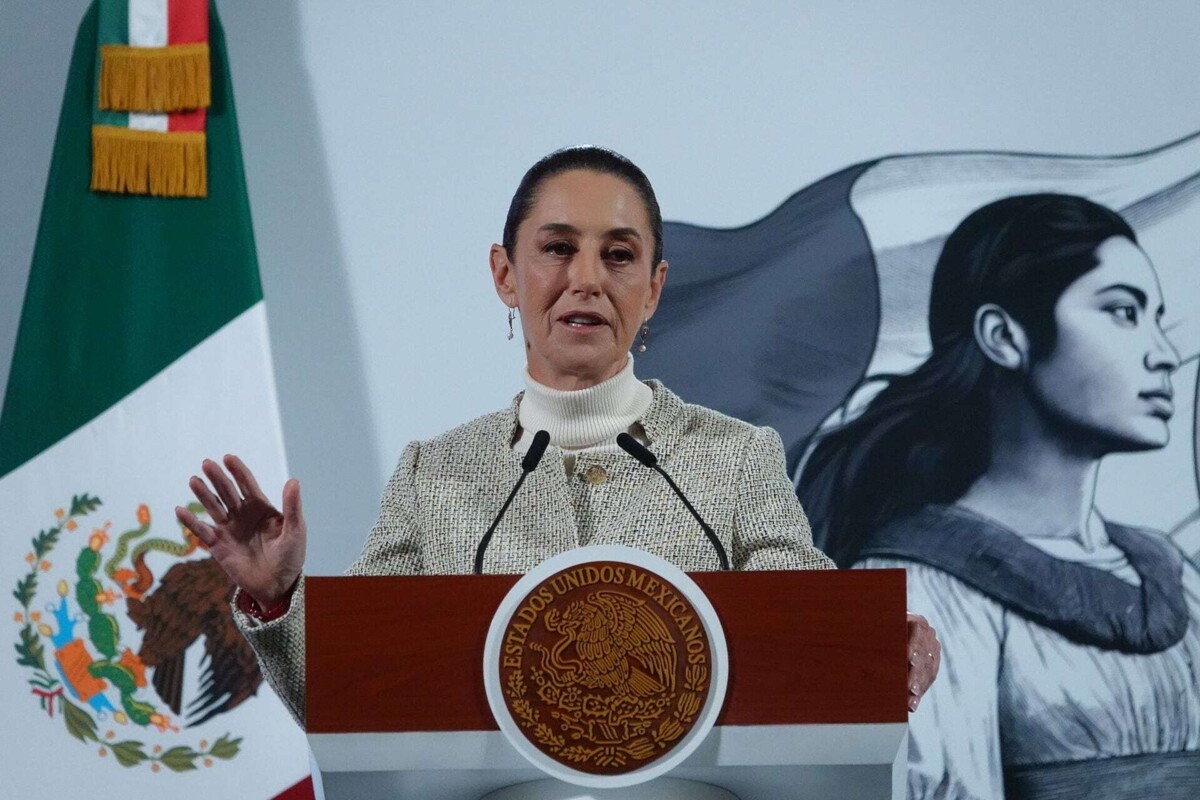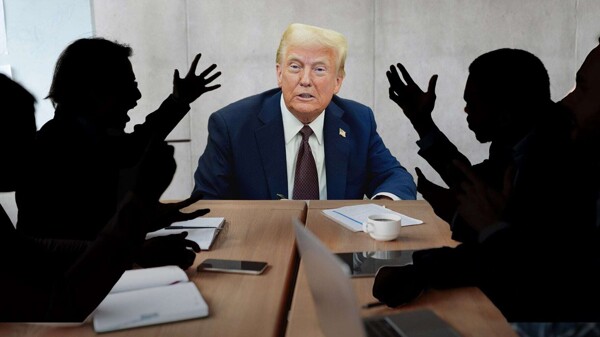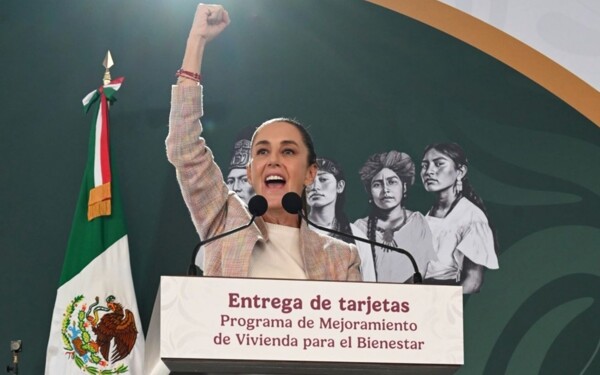
The Mexican president, in response to the United States' threat to impose tariffs due to fentanyl trafficking, emphasizes the importance of collaboration between neighboring countries. Mexico firmly opposes the spread of this dangerous drug to any part of the world, not just the United States. He proposes to work together comprehensively, based on shared responsibility, mutual trust, cooperation, and above all, mutual respect for sovereignty.
It is suggested to establish a working group between the security and public health teams of both nations to address the issue jointly. It is emphasized that problems are not solved through the imposition of tariffs, but through dialogue and cooperation. Any insinuation of an alliance between the Mexican Government and criminal organizations, as well as any external interference in the country's internal affairs, is rejected.
Former Mexican officials support the idea that Mexico should respond to Trump's tariffs with similar measures. It is considered an effective strategy to target agricultural producers who supported the Republican president in the elections. For its part, the White House has announced the imposition of tariffs on Mexico and Canada for not fighting fentanyl trafficking to the United States, citing a 'national emergency'.
Claudia Sheinbaum's response emphasizes that any alliance with criminal groups is found in the arms of the United States, which supplies high-powered weapons to these organizations. The work of the Mexican Government in seizing large amounts of drugs, including fentanyl, is highlighted. Sheinbaum announces the activation of a 'Plan B' in defense of Mexico's interests, which includes tariff and non-tariff measures.
Additionally, it is pointed out that if the United States wishes to address the fentanyl problem in its country, it should focus on combating the illegal drug trade and money laundering, as well as implementing prevention campaigns for substance use. It is highlighted that drug use and distribution in the United States are public health problems that require attention. In this regard, Mexico advocates for cooperation and dialogue to resolve these shared concerns.













